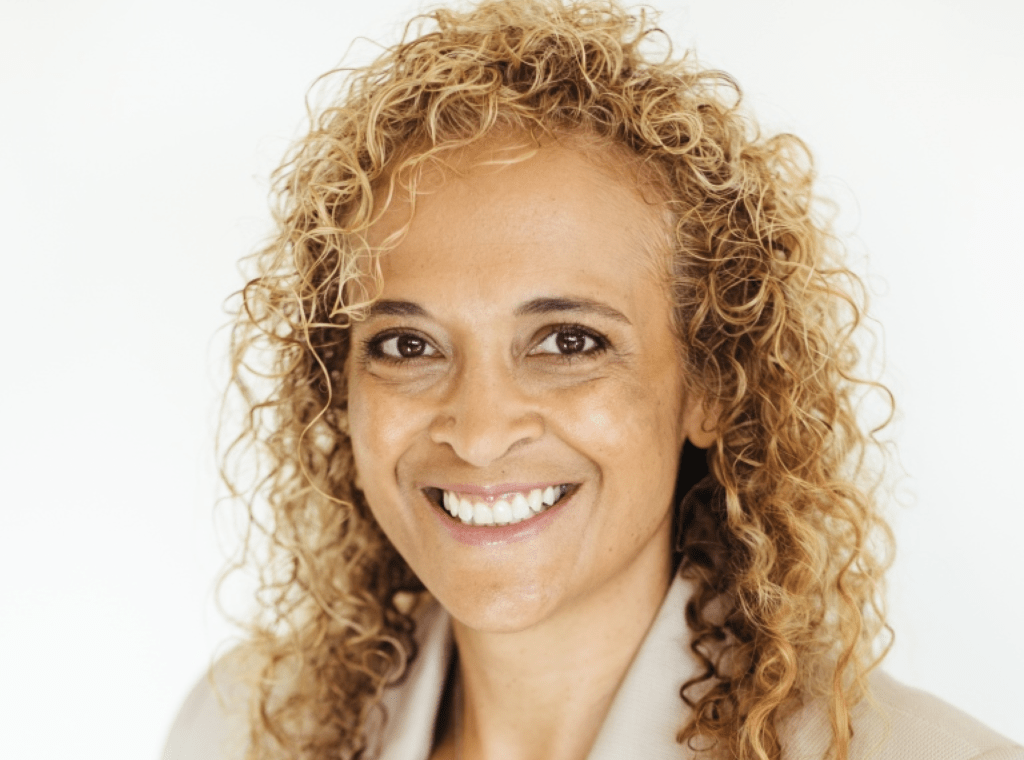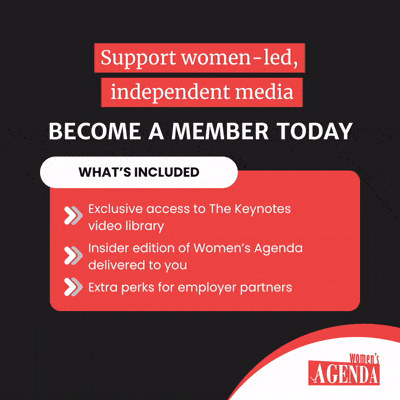I had two experiences as a child that exposed me to my future profession as a surgeon.
Firstly, born with congenital bilateral hip dysplasia, diagnosed late when I failed to walk, I underwent several surgical procedures as a child. Combined with prolonged hospitalisation and rehabilitation, my home was a hospital, and my surgeon, a key person in my life. This is not a desired method for children to be introduced to the field of surgery.
Secondly, I was audacious enough to write to the director of cardiothoracic surgery requesting a high school work experience placement in 1984. Although a tremendous opportunity that thrust me into the operating theatre as a teenager, this is unlikely to pass many current workplace rules.
What was missing was any exposure to female surgeons, surgeons of colour, or surgeons with physical disabilities. Yet, somehow, I pursued a surgical career path and became the first female in my state to train as a urological surgeon.
During my years of surgical training, there were other female trainees. Still, fully qualified female surgeons were few and far between. It wasn’t until I had completed my surgical training, working interstate, that I found myself across the operating table from a female surgical consultant for the first time. I had spent years training to become a surgeon without ever seeing a woman consultant surgeon operate.
How important are role models that people can identify with in terms of gender and other social identities? With more diverse role models, would I have had bigger dreams, greater confidence, and self-belief? Would I have started out with greater clarity and focus, reaching milestones faster? Would the path have been easier? Could I have achieved more?
How much of my time and energy was spent trailblazing, dealing with microaggressions, fighting for recognition, a seat at the table, or handling mistaken identity?
I will never know how much of an advantage it would have been to have other female urologists in my state who I could identify with, provide inspiration, learn from their experience and mistakes, provide tips on combining a surgical career with motherhood and feeling inclusivity with my profession. Ideally, such an advantage should not be determined by gender, race, or limited to particular groups, and not available to others.
Career gender stereotypes begin to form in early childhood. Yet, careers are often given little thought until the last few years of school. By then, career gender stereotypes are formed, resulting in children ruling out options, not reaching their full potential, or following their passion. Early intervention is the most effective way of challenging these stereotypes and broadening children’s aspirations.
Stereotypes form through messaging from parents and family connections, schooling, books, media and the internet. Challenging and changing career gender stereotypes will prevent these from being transferred to children. Career stereotypes directing females to lower-paid jobs contribute towards the gender pay gap. When workforce shortages are increasing, we cannot afford the opportunity cost of these lost professionals.
Exposing children to diverse career options which they can identify with by gender and intersectionality will create the self-efficacy necessary for the perseverance required to achieve long term goals, improving their chance of success.
Diversity doesn’t only provide role models, leadership, and inspiration for the next generation it creates acceptance of non-traditional careers in society and families, where surgical aspirations by a female are met with the same encouragement a male would receive, rather than questions like – ‘Are you sure?’ ‘Why?’ or ‘Don’t you want a family?’
Children’s imaginations are powerful. They love to dress up and immerse themselves in the possibility of a role. Every child might not become a surgeon but every child should be able to believe for a while, that they could become a surgeon. A strong sense of self-belief and imagination will be required for the next generation to invent those careers that don’t yet exist. And it’s up to us parents, educators, and leaders to provide the means, encouragement, and role-models to make our children’s dreams a reality.


